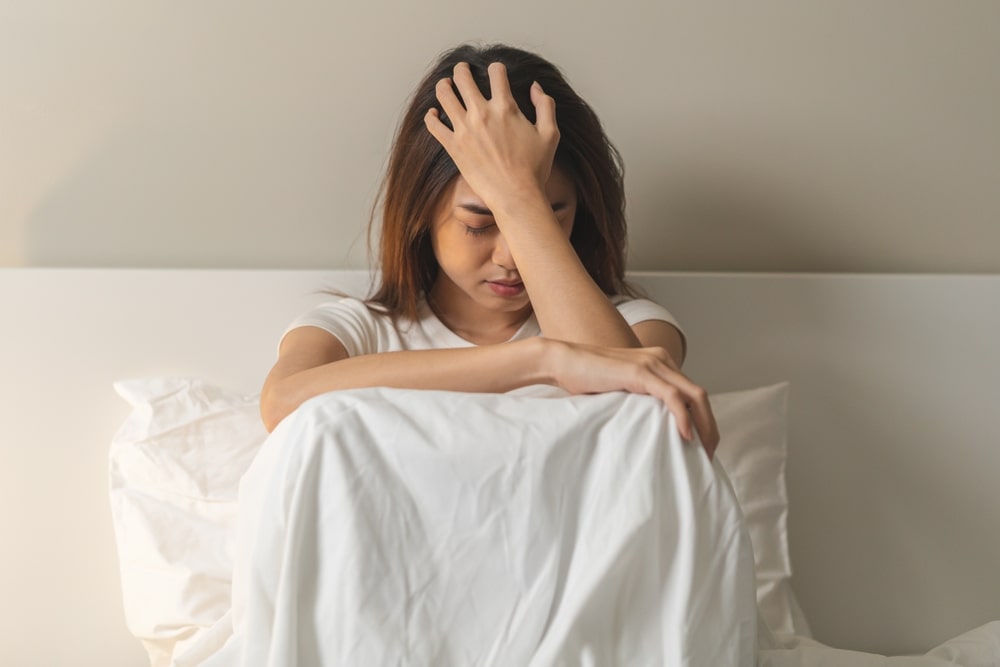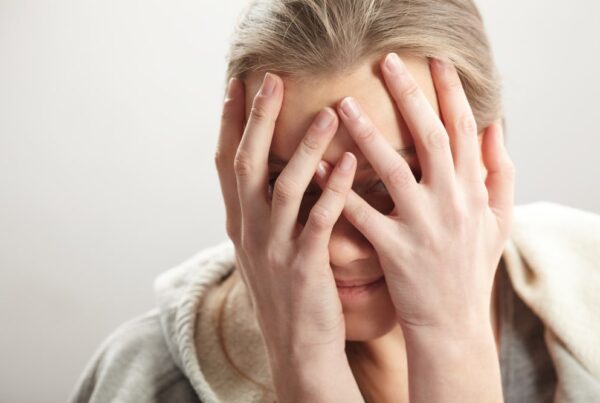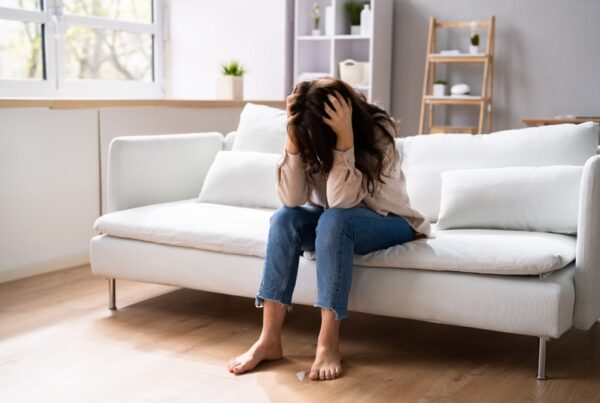The intricate relationship between anxiety and insomnia often creates a challenging cycle, where one exacerbates the other. Insomnia is characterized by “the subjective complaint of difficulty falling or maintaining sleep, or nonrestorative sleep, producing significant daytime symptoms including difficulty concentrating and mood disturbances.” Breaking this sleepless cycle requires a comprehensive approach that addresses both the underlying anxiety and the associated sleep difficulties. Here are strategies to help manage anxiety and insomnia:
- Establish a Consistent Sleep Schedule:
- Stick to a regular sleep routine by going to bed and waking up at the same time every day, even on weekends.
- Consistency helps regulate your body’s internal clock, promoting better sleep.
- Create a Relaxing Bedtime Routine:
- Develop calming pre-sleep rituals, such as reading a book, taking a warm bath, or practicing relaxation techniques.
- Avoid stimulating activities, like watching intense movies or using electronic devices, close to bedtime.
- Limit Stimulants and Alcohol:
- Reduce or eliminate caffeine and nicotine intake, especially in the hours leading up to bedtime.
- While alcohol may initially induce sleep, it can disrupt your sleep cycle and contribute to insomnia later in the night.
- Mindfulness Meditation and Deep Breathing:
- Practice mindfulness meditation and deep breathing exercises to calm your mind before bedtime.
- These techniques can help alleviate anxiety and create a more peaceful mental state conducive to sleep.
- Create a Comfortable Sleep Environment:
- Ensure your bedroom is conducive to sleep by keeping it cool, dark, and quiet.
- Invest in a comfortable mattress and pillows for optimal sleep comfort.
- Limit Screen Time Before Bed:
- Reduce exposure to screens, such as phones, tablets, and computers, at least an hour before bedtime.
- The blue light emitted by these devices can interfere with the production of the sleep hormone melatonin.
- Physical Activity:
- Engage in regular physical activity but avoid intense exercise close to bedtime.
- Exercise can help reduce anxiety and promote better sleep, but timing is crucial to prevent it from becoming a sleep disruptor.
- Journaling:
- Keep a journal to jot down anxious thoughts or concerns before bedtime.
- This can help release worries from your mind and provide a sense of closure before attempting to sleep.
Breaking the sleepless cycle requires patience and consistency. Implementing these strategies gradually and adapting them to your specific needs can contribute to improved sleep quality and reduced anxiety over time.
Treatment In Calabasas
Calabasas is a city in California. It is a well-known suburb of Los Angeles, located west of the San Fernando Valley and north of the Santa Monica Mountains. Over the past decade, the city of Calabasas has grown in its reputation for luxury as well as for privacy which makes it a hidden gem for residential living for society’s elite, and one of the most desirable destinations in Los Angeles County. It is also home to a plethora of highly qualified mental health clinicians providing an array of therapeutic services and treatment options.
The information above is provided for the use of informational purposes only. The above content is not to be substituted for professional advice, diagnosis, or treatment, as in no way is it intended as an attempt to practice medicine, give specific medical advice, including, without limitation, advice concerning the topic of mental health. As such, please do not use any material provided above to disregard professional advice or delay seeking treatment.




